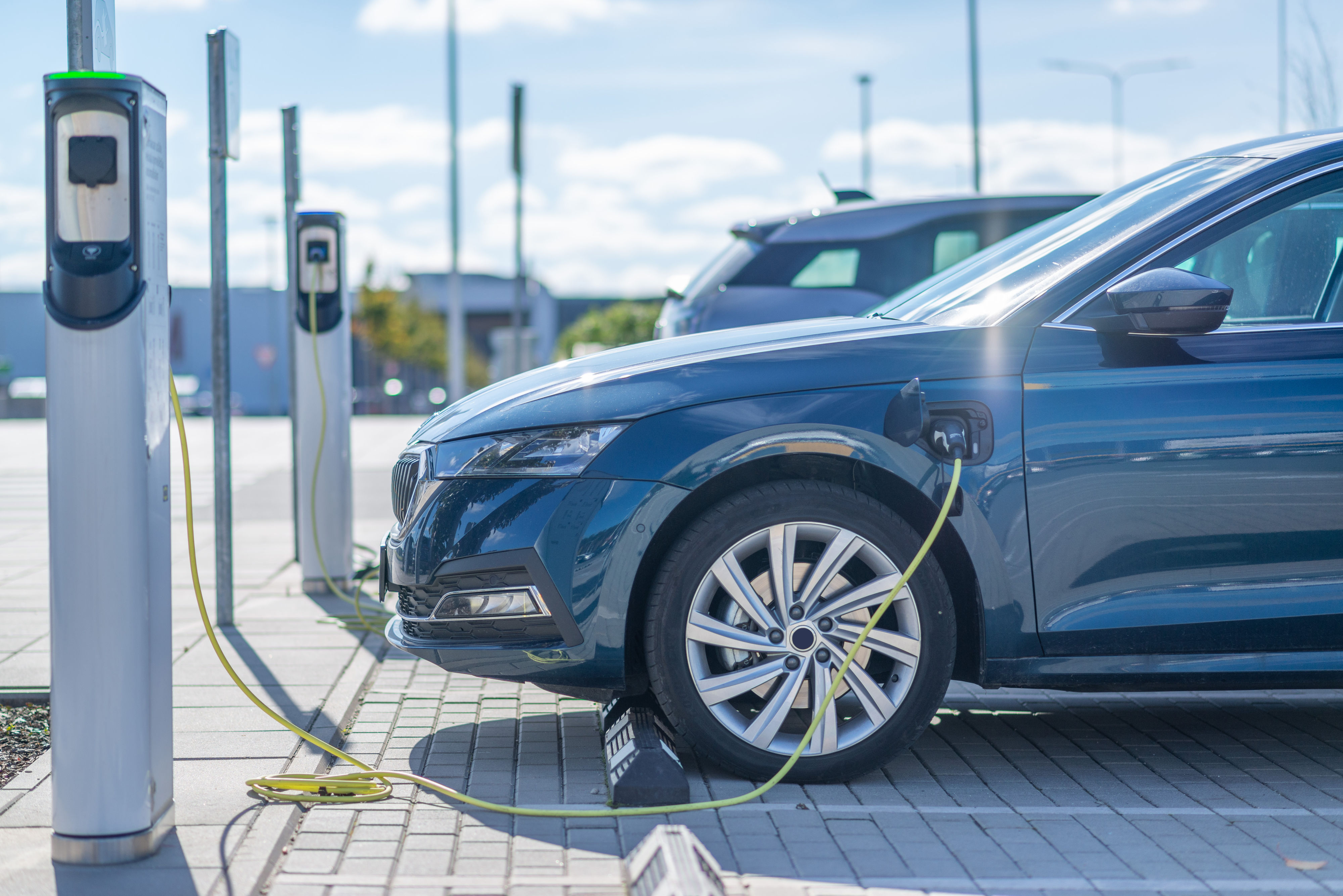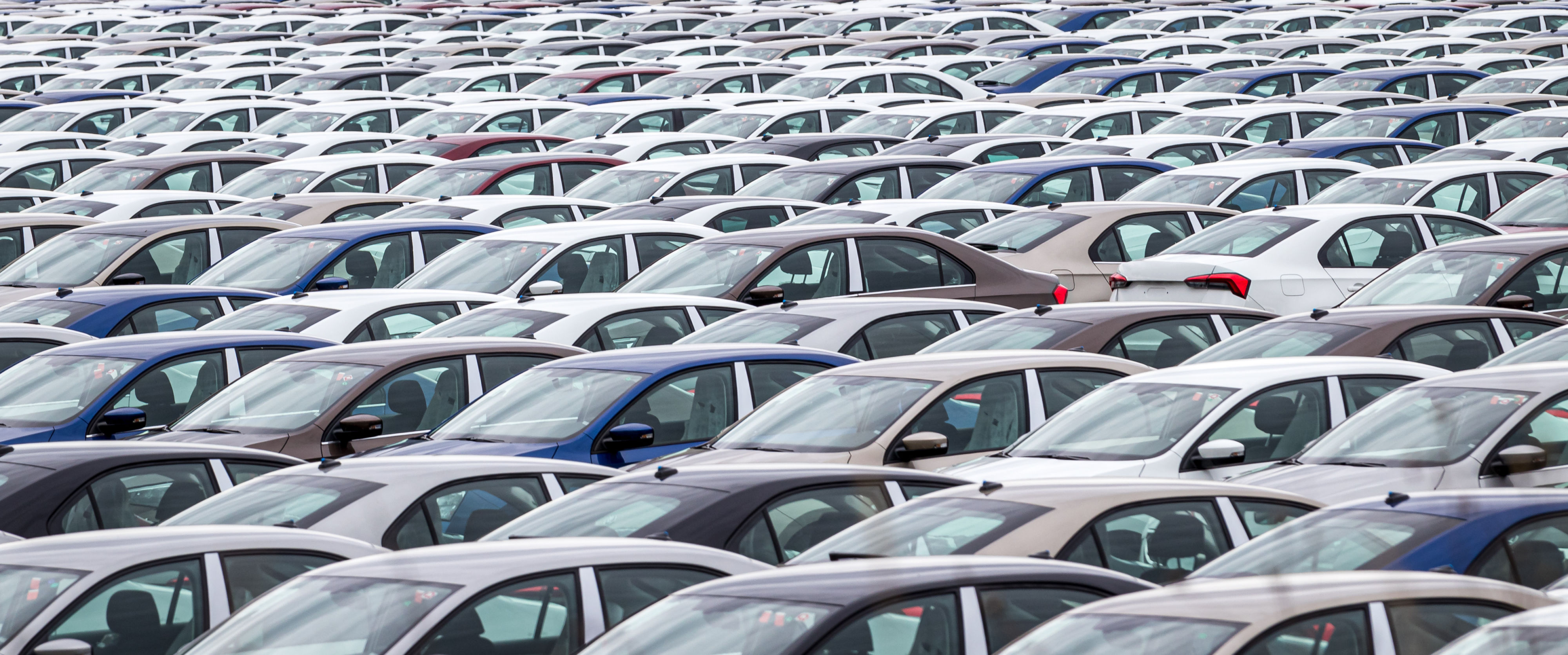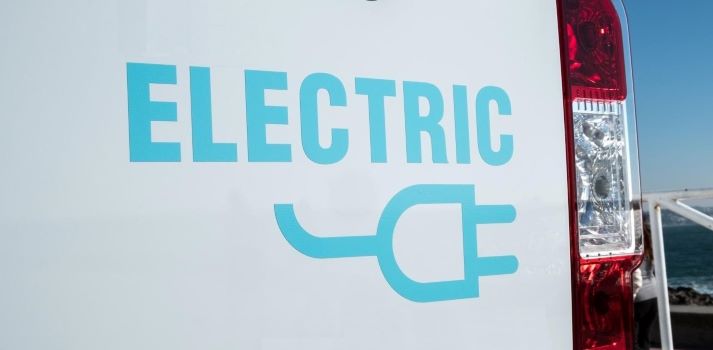As of 1 January, the purchase bonus for electric cars in Germany will be reduced. Plug-in hybrids will no longer be eligible for the environmental bonus at all. Reinhard Zirpel, President of the Association of International Motor Vehicle Manufacturers (VDIK), comments: “The new year confronts customers in Germany with higher costs for climate-friendly cars. Due to the sharp increase in electricity prices, the operation of electric vehicles will become significantly more expensive. Unfortunately, the Federal Government has failed to take countermeasures here; charging power for new e-cars was not taken into account when the electricity price brake was passed. The cut in the government’s purchase subsidy for electric vehicles has therefore come at the worst possible time. With rising electricity prices and falling subsidies, e-vehicles threaten to become less attractive on balance. This significantly increases the risks to the continued success of electromobility in 2023.”
Zirpel further emphasized, “The transformation to alternative drives will make individual mobility more expensive for many people. Industry and politics must therefore work together to ensure that mobility remains affordable in the age of alternative drives. The German government should use the coming year to rebalance the financial framework for alternative drives.”
The International Association of Manufacturers also warns against forcing small and medium-sized vehicles with fuel-efficient gasoline or diesel engines out of the market through excessive regulation. Commenting on plans for the new European Euro 7 emissions standard, Zirpel said, “After the EU only set an expiration date for the internal combustion engine this year, manufacturers are now to be forced to make extensive new investments in this technology through stringent emissions standards. This is counterproductive and can lead to the production of very economical small combustion engine vehicles becoming too expensive. People who use such vehicles to organize their everyday mobility in a cost- and emission-efficient way would then be the ones leading the way.”
In the German passenger car market, the VDIK expects around 2.75 million new registrations in 2023 (up 6 percent compared to 2022). With the end of subsidies, plug-in hybrids are expected to decline by 12 percent to 290,000 units. Pure electric vehicles, on the other hand, will continue to grow. The VDIK expects 500,000 new battery-electric passenger cars (plus 22 percent). However, the previous particularly high growth momentum for electric vehicles is over for the time being.
The international manufacturers are making a significant contribution to the spread of climate-friendly drive systems by further expanding their range of electric vehicles. Currently, the VDIK brands offer more than 200 electrified passenger car and commercial vehicle models. By comparison, three years ago there were only 50. The VDIK electric list can be accessed here.





